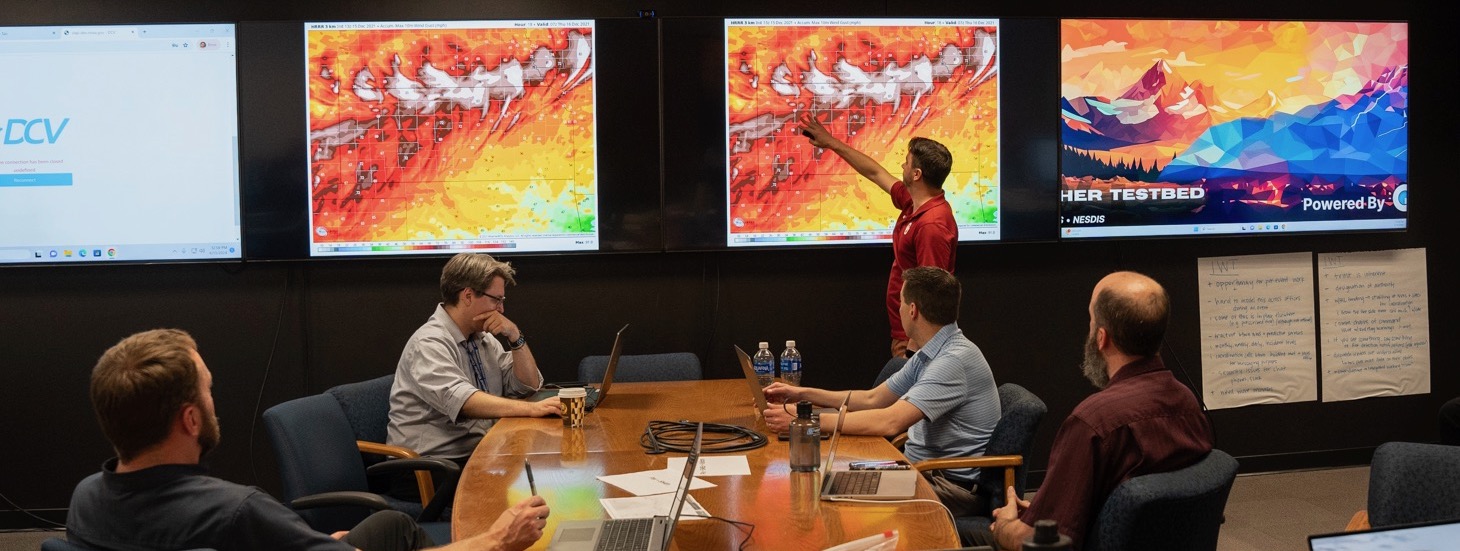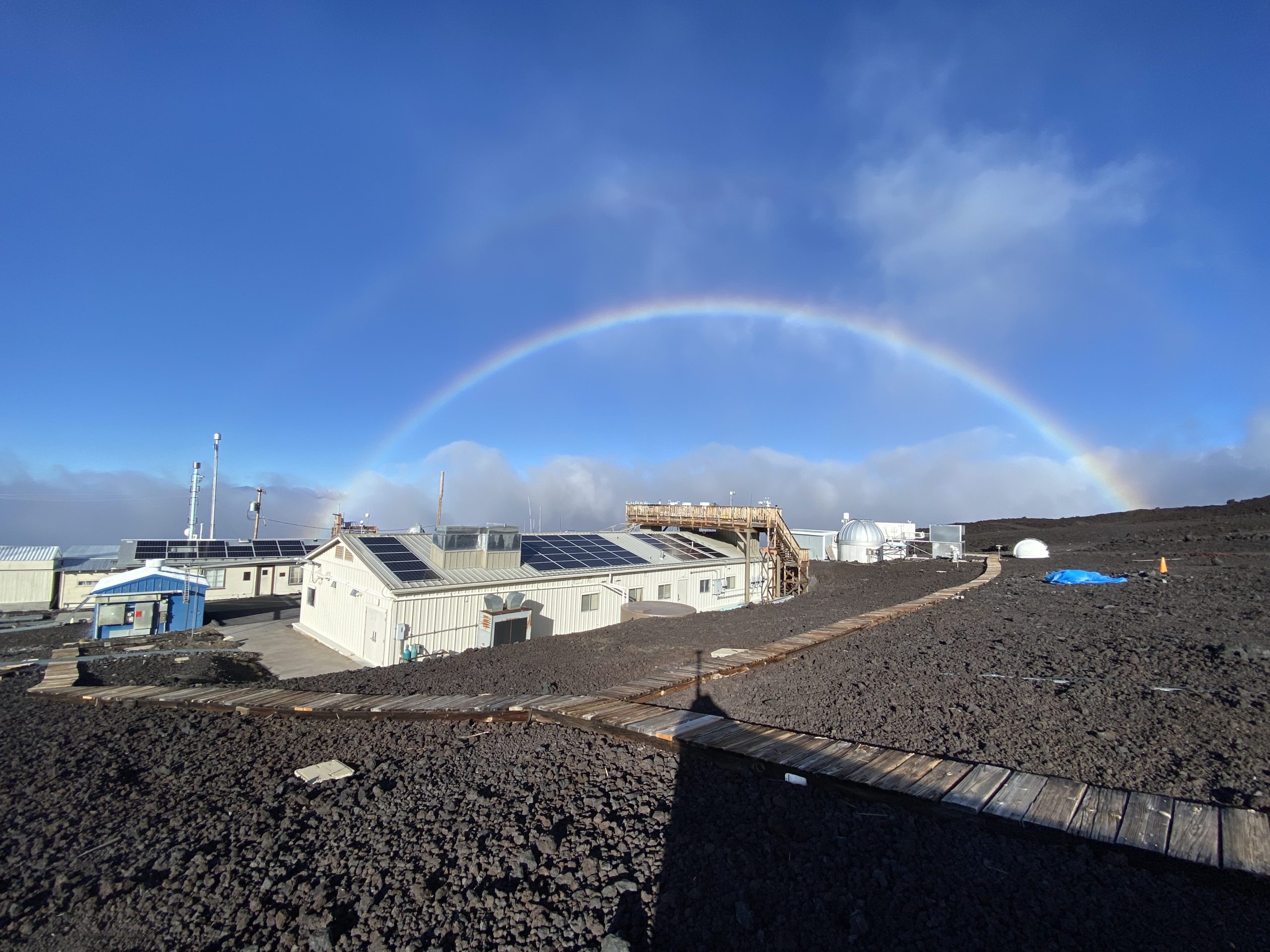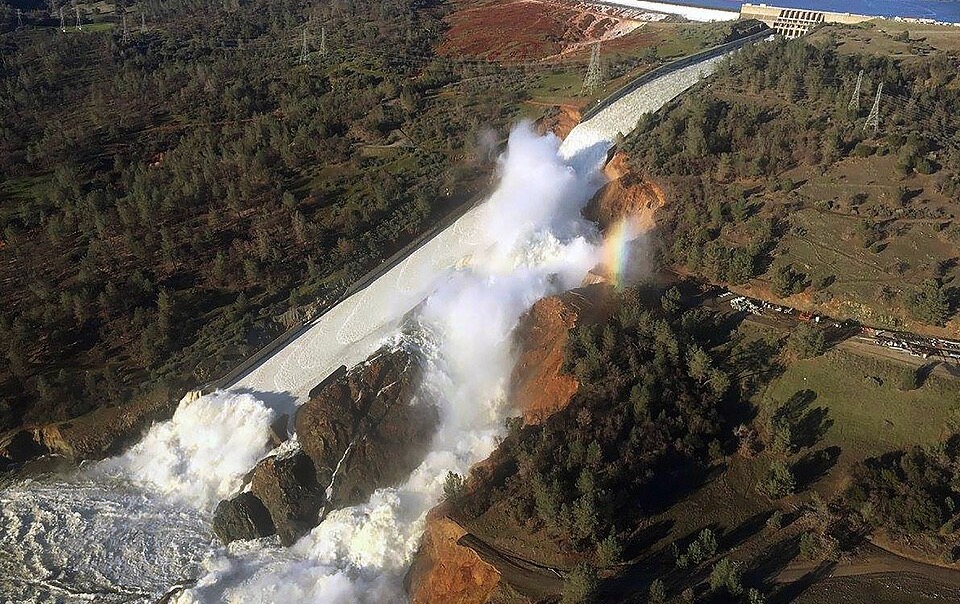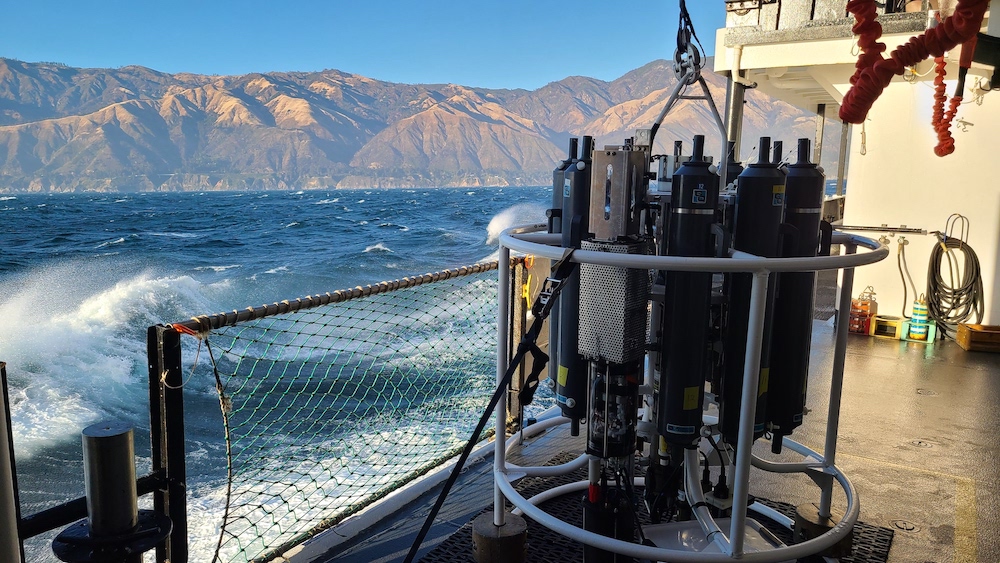Institute to focus on atmospheric and marine science
The National Oceanic and Atmospheric Administration today announced it has selected the University of Miami to host the Cooperative Institute for Marine and Atmospheric Studies (CIMAS).
The cooperative institute will conduct collaborative, multidisciplinary research that advances NOAA’s mission to improve our understanding of global, national and regional weather, climate and marine ecosystems. The cooperative institute will also focus on coastal resilience and better use and management of natural marine resources in the Southeast United States, including the Gulf of Mexico, Caribbean and the South Atlantic.
“Our cooperative institutes are a vital component of NOAA’s mission to address emerging scientific issues and train the next generation of researchers,” said Craig McLean, assistant NOAA administrator for Oceanic and Atmospheric Research. “This institute will help NOAA achieve our mission to better understand the ocean and atmosphere, which depends on research, data and information to make sound decisions for healthy ecosystems, communities and a strong blue economy.”
The selection of the University of Miami, made through an open, competitive evaluation, comes with an award of up to $310 million over the course of five years, with the potential for renewal for another five years based on successful performance.
CIMAS, in partnership with NOAA and other agencies, will conduct and coordinate innovative, research in four main areas, focusing on the Southeast US including the Gulf of Mexico, Caribbean and the South Atlantic:
- Tropical weather observations, analysis and prediction
- Ocean and climate observations, analysis and prediction
- Ecosystem observations, modeling, forecasting and management
- Protection and restoration of marine resources
Led by the University of Miami, the institute will direct a unique consortium of degree-granting institutions, which includes the Caribbean Region Association for Coastal Ocean Observing, Florida Atlantic University, Florida Institute of Technology, Florida International University, Florida State University, NOVA Southeastern University, University of Florida, University of South Florida, University of the Virgin Islands. Florida International University and University of Virgin Islands are Minority Serving Institutions.
The cooperative institute will build on the research and infrastructure accomplishments of its predecessor cooperative institute at the University of Miami. It will accelerate scientific innovation in each of the four focus areas by advancing tropical weather prediction, ocean and climate observations, ecosystem forecasting, and protection and restoration of marine resources. For example, the new institute will innovate in fish stock assessment by taking advantage of recent advancements in genetic technology to develop ecosystem models that focus on economically important fishes. The institute will also continue innovative work on coral restoration efforts.
NOAA supports 19 cooperative institutes consisting of 69 universities and research institutions in 27 states and the District of Columbia. These research institutions provide strong educational programs that promote student and postdoctoral scientist involvement in NOAA-funded research.
For more information, please contact Monica Allen, NOAA Communications, at 202-379-6693 or by email at monica.allen@noaa.gov



